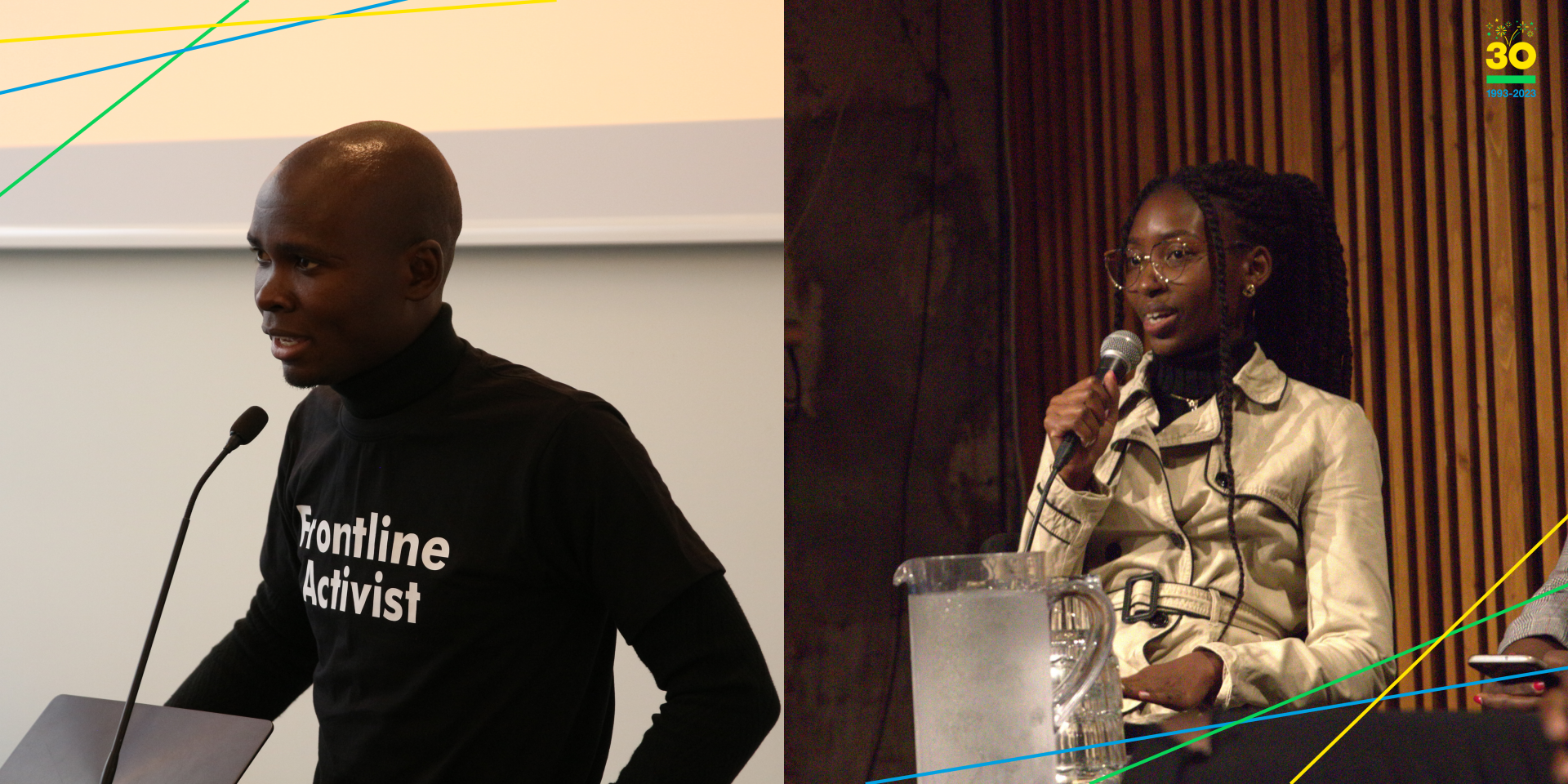Daisy Abwao is a member of Fight Inequality Alliance Kenya and was part of the first cohort of the FIA global organizing school. Abwao has implemented projects on leadership and governance, aimed at amplifying community voices in decision making processes in governance.
Mputa Ngalande is a community mobilizer and youth in governance activist, fighting for the meaningful participation of young people in mainstream economic justice issues at the local and national level in Zambia. He is currently the national coordinator for Fight Inequality Alliance Zambia and a student of law at the University of Lusaka.
Kenya and Zambia in debt
Kenya is among the African countries with the highest debt-to-GDP ratio and was categorized as at high risk of debt distress by the IMF in 2020 and today Kenya's debt to GDP ratio is at 62%. Zambia defaulted on its foreign debt three years ago and is still trying to reach an agreement with creditors to manage the situation. The country is not able to fund infrastructure, health care or climate change adaptation measures.
Abwao explains how the government’s actions to pay off the debts are unfairly affecting Kenyans. The cost of living is already high and to be able to pay off the debt the Kenyan government is increasing taxes on commodities. The government has increased the prices of fuel, food, health services, and education.
“The government is forgetting to provide the basic needs. The hospitals are understaffed, and people are forced to buy medicine for themselves. They have introduced fees to schools and now not everyone can access education. The government takes the loan to create infrastructure, but it is the people who have to pay. Citizens protest, but there is no justice.”
Ngalande says the situation in Zambia is similar. Zambia has a population of 20 million people and owes 32 billion USD in both external and internal debt. This has caused Zambia’s staple food maize to increase in price causing an increase in food insecurity. According to the World Bank growing public debt, currency depreciation, and higher inflation may compound access to and availability of food. “People can't afford three meals a day,” Ngalande says.
An alternative model
One of the panel discussions Ngalande and Abwao participated in during the Young Human Rights Defenders conference was “African perspectives on the current debt crisis – is there an alternative model?”.
“The power dynamic must change,” Ngalande said when asked what he sees as a solution for an alternative model. He proposed a mechanism which holds countries in the west accountable. “The systems of the World Bank and IMF have not helped African countries,” he said.
Abwao said Kenya must invest in what the country has. She suggested domestic resource mobilization, a process through which countries raise and spend their own funds to provide for their people. The second solution she proposed was to tax foreign corporations. She explained how foreign companies do not pay tax in Kenya because they claim they pay tax in their home countries. Multinational companies use loopholes and decline to report earnings made in Kenya to escape paying taxes. She said:
“The Kenyan government must negotiate the terms they are presented from foreign companies wishing to do business in Kenya and not just accept any terms. Kenya needs to stand up to the institutions.”
Norway's role
Kenya or Zambia do not hold any direct debt to Norway, but Norway still holds a responsibility as a rich country and holds the power to act. Norway must ensure that climate financing is given as grants and not loans, and fight for debt relief for countries such as Kenya and Zambia.
“The Norwegian government can provide support to social movements. African nations value foreign relations,” Abwao explained. “Norway can speak out when they see injustice, especially when they see injustice towards human rights activists.”
